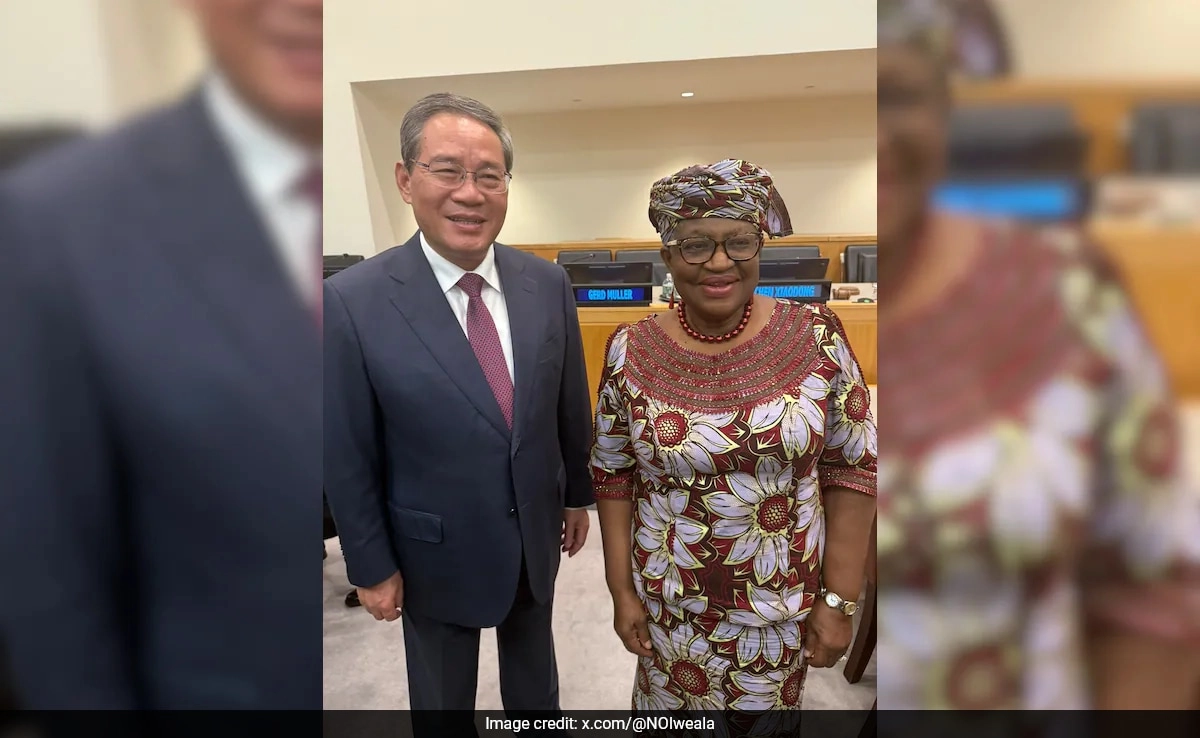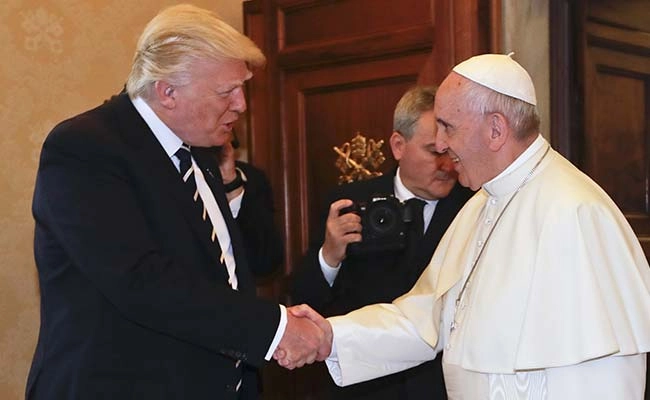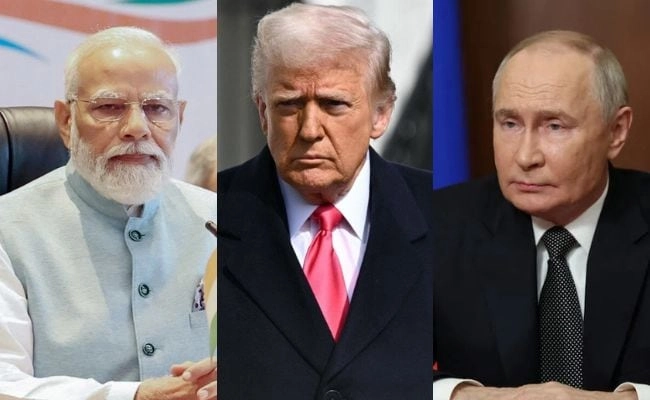In a significant shift in its international trade policy, China has announced that it will no longer seek differential treatment under World Trade Organization (WTO) agreements. This decision marks a notable departure from the special benefits that China has enjoyed as a developing country member of the WTO since its accession in 2001. By relinquishing these special rights, China aims to align itself more closely with the rules and expectations of the global trade system, a move that could help ease tensions with the United States and other major economies. The announcement signals a willingness from China to engage in more equitable trade practices, which may be viewed positively by its trading partners.
The implications of this decision are far-reaching. For years, the United States has criticized China for its perceived unfair trade practices, including subsidies to state-owned enterprises and intellectual property theft. By stepping away from differential rights, China seeks to demonstrate its commitment to a rules-based international order, potentially alleviating some of the friction that has characterized U.S.-China relations. This shift could pave the way for renewed dialogue and cooperation between the two economic giants, which have been embroiled in a protracted trade war that has affected global markets.
Moreover, China’s move may encourage other countries to reconsider their own positions within the WTO framework. As the global economy becomes increasingly interconnected, the need for fair and transparent trade practices is more pressing than ever. By taking this step, China not only showcases its readiness to assume greater responsibility in the international community but also sets a precedent for other developing nations. The decision could foster a more balanced approach to global trade, where countries are held to similar standards and expectations, regardless of their economic status.
In conclusion, China’s decision to forgo special WTO benefits represents a pivotal moment in its approach to international trade. By aligning itself with the established norms of the global trading system, China aims to reduce tensions with the United States and foster a more cooperative trade environment. This move could have profound effects on global trade dynamics, encouraging a shift toward fairness and equality among nations, ultimately benefiting the international community as a whole. As the world watches how this decision unfolds, it remains to be seen how it will influence China’s future trade relationships and its role within the global economy.




